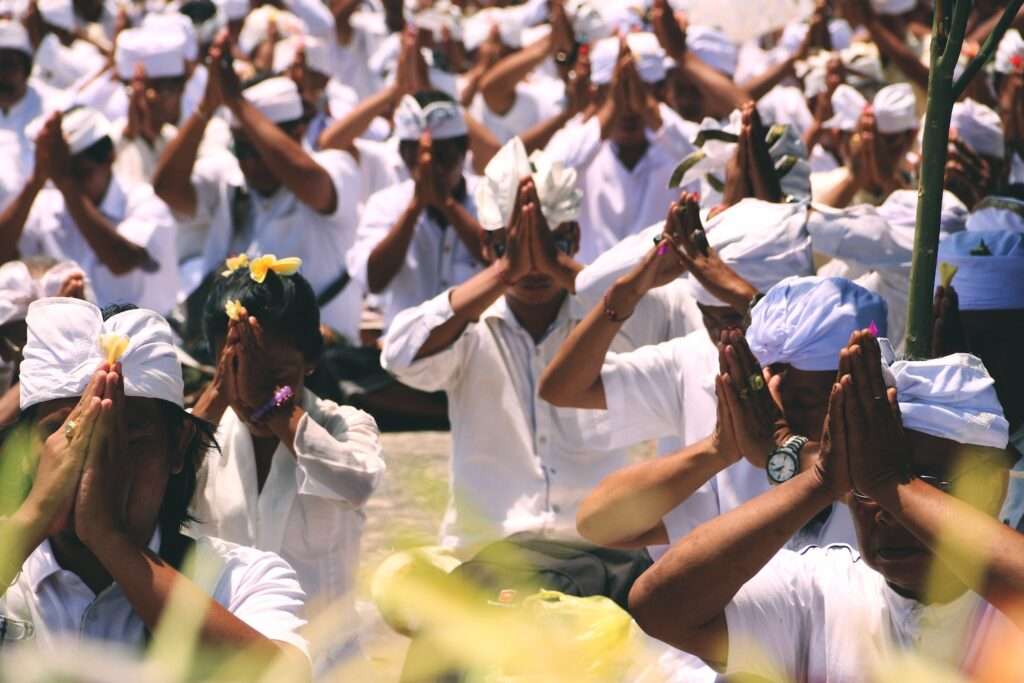By Jessica Hanaghan
Grief, death, and loss are things that everyone goes through, and that change their lives. When there is so much pain and sadness after a death, it can be hard to find comfort and healing. But travel has the unique power to help us find our way through the complicated process of healing.
Travelling has many benefits for people trying to get through death or loss, beyond just giving them a change of scenery and a short break. In this piece, we’ll look at how travel can be a transformative way to heal, start over, and get back into life.
Purposeful travel has the incredible power to take us on physical and emotional trips that can change us. Travelling can be fun, but it can also have a greater purpose: to honour legacies. When we travel with a goal in mind, we can connect with the past, the present, and the future.
Getting in Touch with Nature

One of the most amazing things about travel is how it brings us back to the beauty of nature. Spending time in nature can be very healing when you’re feeling sad.
Nature has a special way of calming the soul and giving a sense of peace and clarity. Whether it’s hiking through beautiful mountains, walking along peaceful beaches, or taking in the bright colours of a sunrise, the healing power of nature can help when you’ve lost someone very close to you.
Also, the beautiful things in nature tell us about the circle of life and how all living things are connected. Seeing a new day come into being or a tiny flower open can be a gentle reminder that life keeps changing and growing, even after death. We let ourselves heal and find power in the vastness of the world around us when we spend time in nature.
Immersion and Perspective in Culture

Purposeful travel also gives us the chance to fully experience other cultures, which can open our hearts and minds to new ideas. Experiencing different customs, traditions, and rituals can teach us about how people in different cultures deal with loss and sadness. Learning about how different groups deal with loss and seeing how strong they are can help us on our own path to healing.
It can be very healing to talk to neighbours, listen to their stories, and share our own. These interactions tell us that grief is something everyone goes through and that we are not the only ones who are hurt. Meeting people who have been through similar hard times can be comforting and helpful. It can also give you a sense of connection and understanding.
Also, learning about how people from different cultures show sadness can give us a broader view of death and loss. Seeing how other cultures celebrate the lives of the dead instead of just lamenting their deaths can change how we feel about loss. It can make us want to honour the memory of our loved ones by loving life and making the most of the precious times we have.
One of the best ways to honour someone’s legacy through travel is to learn about and take care of cultural history. There are many cultural gems in danger of being lost or forgotten all over the world. By going to historical places, taking part in traditional ceremonies, and buying from local artists, we help keep cultural traditions alive and help them grow.
Immersing ourselves in the rich history and customs of a place gives us a better understanding of the accomplishments, struggles, and contributions of people from the past. By helping local communities and projects that aim to protect cultural history, we become ambassadors for preservation and ensure that future generations can also enjoy the beauty and wisdom of these legacies. Purposeful travel gives us a unique chance to honour people who have made a big difference in our lives.
Self-Discovery and Thinking About It

Travelling to new places gives you a chance to think about yourself and grow as a person. When we get away from our usual places and things to do, we can see our lives and how we deal with loss in a different way. Travelling gives us a chance to think about our feelings, memories, and dreams for the future. This helps us deal with loss in a new way.
When we spend time in places we don’t know, we are forced out of our comfort zones, which can be both hard and freeing. When we step into the unknown, we get to face our fears and the uncertainty of life. This process can be very helpful because it allows us to grow, change, and start over after a loss.
Healing from death and loss is a very personal and unique process, but purposeful travel can be a powerful tool on this path. Travel gives us chances to heal, refresh, and grow as people by letting us connect with nature, immerse ourselves in other cultures, and think about ourselves.
By going out into the world, we give ourselves access to new events, points of view, and connections that can help us start to enjoy life again. As we go on trips with a purpose, we become guardians of legacies. We find inspiration in the stories of the past and use them as a map to make the future better.
Jessica Hanaghan is a speaker, author, and intuitive healer who focuses on meaningful travel in the context of trauma, loss, and death. Her life’s journey has dramatically impacted her work and goal. The heartbreaking experience of having twin boys who were born prematurely and died after only two hours of life greatly impacted Jessica’s life. She went on a soul-stirring trip to Hawaii in search of comfort and meaning. There, she did a traditional ash-scattering ceremony to honour her beloved boys. This sad event turned out to be a turning point in her life, sparking her passion and leading her to devise a new way to heal through travel.
As the founder of Jessica Leslie, Jessica is committed to making death easier to talk about and helping people who have lost someone close to them. She uses the power of meaningful travel to help others find their own healing paths. Using her intuitive skills, Jessica helps people find comfort, joy, and healing even when they are in a lot of pain and sadness. Through her speaking events, such as the prestigious Women Thrive Through Travel Mastermind, she has shared her powerful insights and inspired many to have their own transformative travel experiences.



